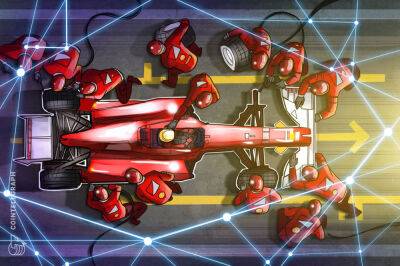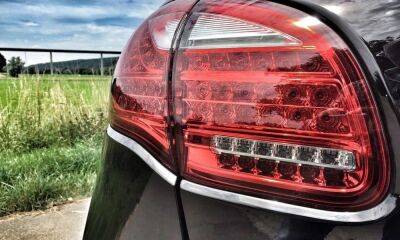EV riders: motorcycle manufacturers making the leap to electric
The motorcycle industry has problems: its petrolhead riders are ageing, customer numbers are shrinking and bans on fossil-fuel power are looming.
Startup bike-maker Maeving thinks batteries are the answer to all three. Its RM1 motorbike swaps a noisy petrol engine for a near-silent electric motor and clean retro styling. During a test ride at the company’s factory near Coventry – by the Observer’s photographer – the experience is smooth, agile and gearless.
“Eco-conscious millennials” are a key market for the company. “Motorcycling has a massive problem with bringing in new riders,” says Will Stirrup, one of Maeving’s co-founders. “The holy grail for motorcycle manufacturers is bringing in young customers.”
The car industry is already reaching a tipping point in the move to batteries, but for motorbikes the challenge is trickier: it is more difficult to cram enough electrical energy into their small frames.
However, a growing number of companies are trying their luck. Harley-Davidson, the biggest US motorbike manufacturer, is offering the £29,000 LiveWire, with a 146-mile city riding range, and California-based Zero’s SR/S model starts at £20,100 for a 161-mile city range. At the other end of the scale is a host of Chinese manufacturers such as Super Soco, whose TSX starts at £2,900 for a 40-mile range. Another British startup, Arc, will deliver the first of its £90,000 Vector sports bikes in November.
Historic British marques are also trying to catch up: Norton said in June it was designing an electric machine; Triumph is at the prototype stage; and BSA, bought by Indian billionaire Anand Mahindra, plans to bring one out soon.
But there is a burgeoning – potentially bewildering – array of smaller options. Electrically
Read more on theguardian.com
 theguardian.com
theguardian.com






![Ethereum [ETH]’s latest mixtape may leave investors scratching their heads - ambcrypto.com - city Santimenteven](https://finance-news.co/storage/thumbs_400/img/2022/9/29/42907_eespd.jpg)











